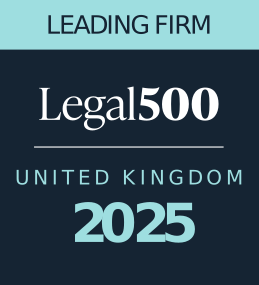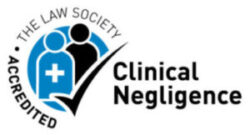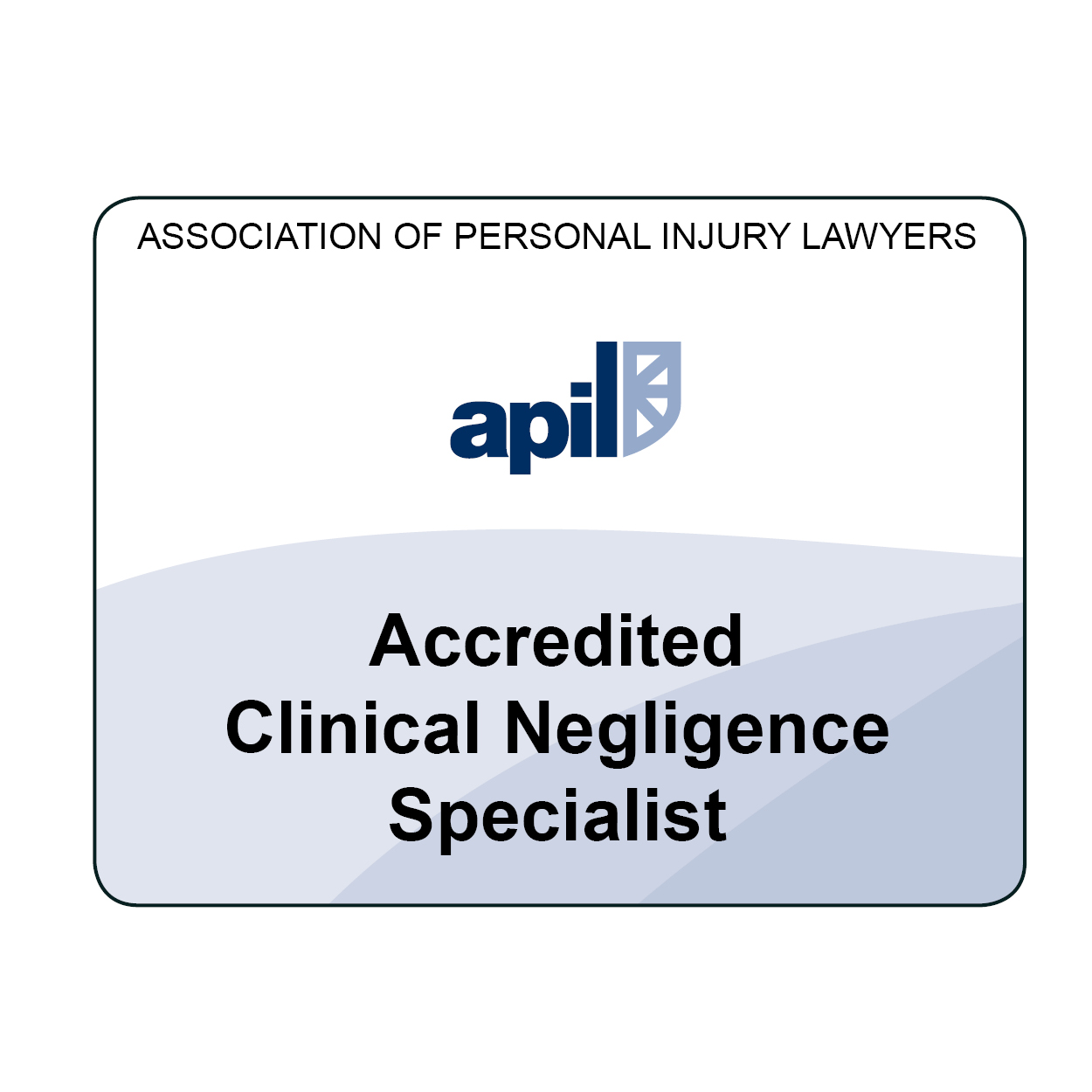Blackwater Law successfully represented the family of baby Blake in making a midwife negligence claim after the community midwife failed to notice a severe medical abnormality.

Cerebral palsy is a complex neurological condition that affects thousands of individuals in the UK. This article explores key aspects of cerebral palsy in the UK, including statistics, effective treatment approaches, and what you can do if your child has cerebral palsy as a result of medical negligence.
UK cerebral palsy statistics
According to statistics provided by disability equality charity Scope, approximately one in every 400 live births in the UK results in a diagnosis of cerebral palsy. The prevalence of cerebral palsy varies by type and severity, with many being afflicted by multiple forms of the condition, which can manifest as:
- Spastic cerebral palsy: Typified by tight, stiff muscles, this form of the condition restricts movement and can cause painful spasms.
- Dyskinetic cerebral palsy: This form of the condition results in uncontrolled or involuntary muscle contractions which can impair speech, as well as the ability to stand or sit upright.
- Ataxic cerebral palsy: Affecting spatial awareness and sense of balance throughout the body, this form inhibits the ability to properly control muscle groups during movement, resulting in an unsteady gait and potentially impaired speech or language.
According to statistics from the National Institute for Health and Care Excellence (NICE), cerebral palsy affects roughly two in every 1000 births, a figure which has not changed significantly for the past 40 years. NICE research also indicates that:
- Approximately 40% of children afflicted with the condition were born prematurely.
- Around 80% of children have the spastic form of the condition.
- Hip subluxation or dislocation occurs in up to 25% of children suffering from the condition.

Treating cerebral palsy effectively
Effective treatment strategies play a crucial role in enhancing the quality of life for individuals living with cerebral palsy. Multidisciplinary approaches are often employed to address the various challenges posed by the condition. These approaches may include:
- Physiotherapy: Physiotherapy aims to improve muscle strength, flexibility, and mobility. Regular sessions with a trained physiotherapist can help individuals with cerebral palsy maintain better posture and overall physical function.
- Occupational therapy: Occupational therapy focuses on developing skills needed for daily living activities. This therapy helps individuals with cerebral palsy achieve greater independence in tasks such as dressing, eating, and grooming.
- Speech and language therapy: Many individuals with cerebral palsy experience difficulties with speech and communication. Speech and language therapy assists in improving communication skills and addressing swallowing issues.
- Medications: Medications may be prescribed to manage spasticity, seizures, and other associated conditions. These can significantly enhance an individual’s comfort and well-being.
Surgical interventions: In some cases, surgical procedures may be recommended to improve mobility or correct skeletal deformities. Surgical interventions are carefully considered based on the individual’s specific needs.
Helpful Articles
Cerebral palsy and medical negligence claims
In unfortunate instances, cerebral palsy may result from medical negligence during pregnancy, childbirth, or the postnatal period. Medical negligence claims related to cerebral palsy can result if there is evidence of substandard care that directly contributed to the development of the condition.
Parents who suspect that their child’s cerebral palsy was caused by medical negligence have the right to pursue legal action. It may be possible to seek compensation for the considerable financial, emotional, and physical burdens associated with caring for a child with cerebral palsy.
It’s essential to consult expert clinical negligence solicitors with experience in cerebral palsy claims to assess whether this is a suitable option. Blackwater Law can provide free initial guidance on legal matters and the steps involved in pursuing a cerebral palsy claim.






